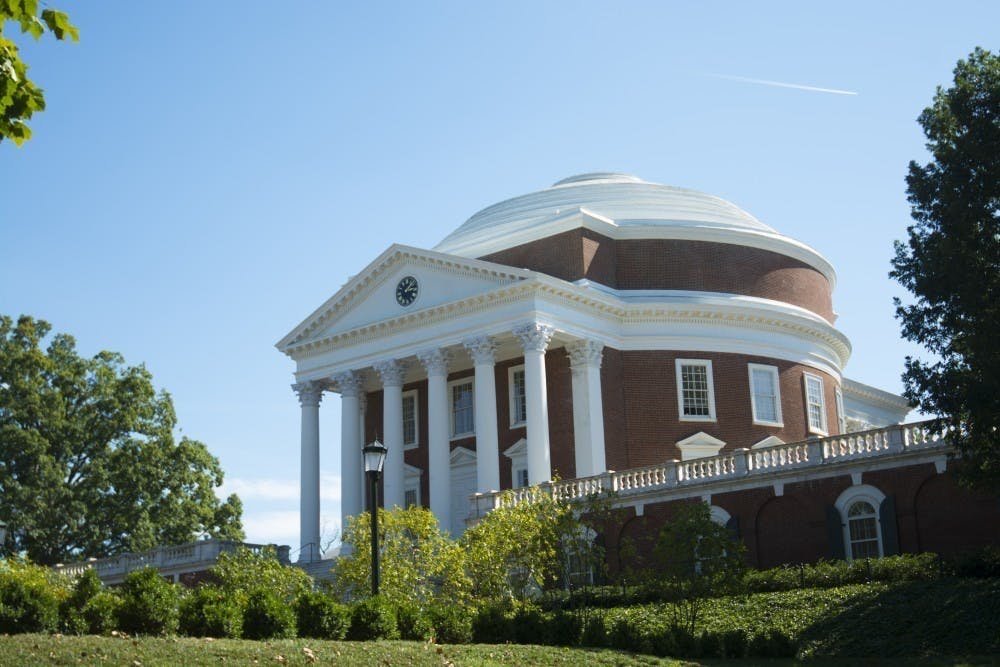The killing of George Floyd confronts our college and university communities with a longstanding, brutal reality that still undermines our very mission to help students improve their lives. From our idealistic campuses, we see, yet again, the disregard of the life and rights of a Black American, by those sworn never to betray America’s public trust. The dispiriting implication — in this society, an individual on a path to betterment can be repressed or even killed in the street because of systemic racism. We educators aspire to improve the lives of those who come to us, through education and dialogue. We must speak truth about the many injustices still festering in the society beyond our campuses. But how do we find the words?
Atop this most recent tragedy, the pandemic has already separated us, for months, from our campus communities. Many of our interactions have been reduced to tiny avatars on a screen, our voices crackling through the overloaded bandwidth. Even those on campuses are “socially distanced” with our expressions of empathy being masked and our gatherings rendered ill-advised or even illegal. Finding consensus is always a challenge — it is even more so, in this context.
I recently initiated a collaboration with colleagues, to attempt to say what needs to be said. Our intent was sincere, however, this is no simple task. These events recall a darkness that many still assume merely historical. What can we possibly say? What must we say? Many are literally speechless. Others confess they are afraid to say the wrong thing. Doing the right thing is unlikely to be any easier.
American leaders habitually conjure the words of the deceased, in times that try our souls. For example, Thomas Paine did this with The Crisis. Whenever people fear their government — misattributed to Thomas Jefferson — or when we need to promise that we shall overcome, as Lyndon Johnson did. These are the men to whom writers often default, when they don’t know what else to say. Like cards at a shop, these words deliver a reliable bromide that substitutes for sincerity. The bonus is that they also convey at least some superficial knowledge of history.
It was seven score and seventeen years ago that Lincoln delivered his famous speech at Gettysburg. His biblical cadence and reliably uplifting rhetoric are immediately recognizable to all. Why not invoke him once more? Or would we really want to quote Lincoln, when so much ill befell African Americans, long after his death? Our founding documents should, in principle, lend rhetorical and judicial comfort — yet, we find ourselves two hundred thirty-three years after “We the People,” with so much work still before us.
Cliché is rampant, and I think we all know why. Can’t find the words to say what needs to be said? Simply Google the issue with the keyphrase “famous quote” attached. For example, “famous quotes on systemic racism” led me to Du Bois, Malcolm X, D.L. Hughley, Ta-Nehisi Coates and so forth. Repeating the same with “oppression” availed me of Albert Camus, Elie Wiesel, Desmond Tutu and James Baldwin. There is now a vast repository of words and sentiments at our fingertips. We can all feign sincerity, without even needing to formulate our own thoughts, sentences and actions.
Our social media have reduced communication of many ideas to short snippets and hashtags. What hashtag might Lincoln use, to advertise his address at Gettysburg? #MorePerfectUnion, perhaps? Twitter has reduced the task of finding the right card at the shop to a retweet or like. Furthermore, retweeting others is a pragmatic way to appear to say something, while also avoiding any direct consequence for having said it.
There is so much that needs to be said, sincerely, and I wish I could conclude this by claiming that I’ve found the words. I have not. I remain curious to see what results of our exercise to form a more perfect statement. We may never collectively converge on a set of words, but that is acceptable, and perhaps it is even preferable. Our community needs for us to search for our own words, and choose our own actions, here and now… and not merely apply historical prose, like balm, to a current wound.
Keith Williams is an Associate Professor in the School of Engineering and Applied Science







